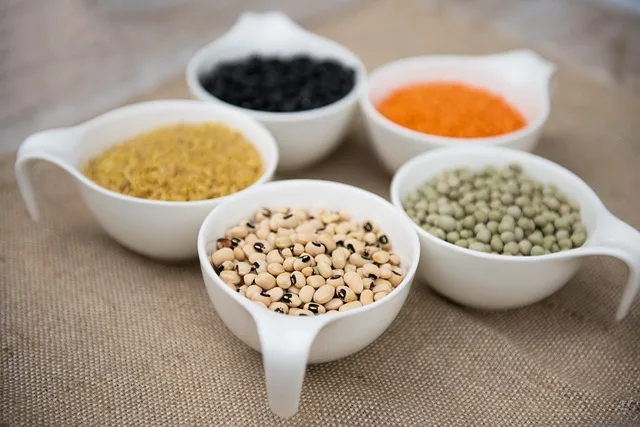Gluten, a protein found in wheat, barley, and rye, has received significant attention in recent years. While some individuals have a medical condition called celiac disease or non-celiac gluten sensitivity that requires them to avoid gluten, there are numerous misconceptions surrounding gluten for the general population. In this article, we aim to debunk common myths about gluten and provide clarity on the topic.
Myth #1: Gluten is universally harmful to everyone
Fact: Gluten is only harmful to individuals with celiac disease, an autoimmune disorder, or non-celiac gluten sensitivity. For the vast majority of the population, gluten consumption is safe and poses no adverse health effects. It is important to differentiate between the specific dietary needs of individuals with gluten-related disorders and the general population’s tolerance to gluten.
Myth #2: Gluten-free diets are inherently healthier
Fact: A gluten-free diet is essential for individuals with celiac disease or gluten sensitivity. However, for those without these conditions, adopting a gluten-free diet does not necessarily equate to improved health or weight loss. Gluten-free products often substitute gluten-containing ingredients with refined grains or processed alternatives, which may be lower in fiber and nutrients. A balanced diet that includes a variety of whole grains, including gluten-containing grains, is typically more nutritious.
Myth #3: Gluten causes weight gain
Fact: Gluten itself does not directly cause weight gain. Weight gain can occur when individuals consume excess calories from any food source, including gluten-free products. Some gluten-free alternatives may contain higher levels of sugar, unhealthy fats, or additives to compensate for the texture and taste lost in gluten removal. It is important to make healthy food choices and consider overall calorie intake rather than solely focusing on gluten content.
Myth #4: Gluten sensitivity is the same as celiac disease
Fact: Celiac disease is an autoimmune disorder triggered by the ingestion of gluten. It involves a specific immune response damaging the small intestine. Non-celiac gluten sensitivity, on the other hand, does not involve an autoimmune response or cause the same intestinal damage. It is characterized by experiencing symptoms similar to those with celiac disease but without the presence of specific antibodies or intestinal damage.
Myth #5: Gluten causes brain fog or mental health issues
Fact: The concept of “gluten brain fog” or gluten-induced mental health issues lacks substantial scientific evidence. While some individuals with celiac disease or gluten sensitivity may experience cognitive symptoms or mood changes, these are specific to those with gluten-related disorders. For the general population, gluten does not have a direct impact on cognitive function or mental health.
It is important to separate fact from fiction when it comes to gluten. While gluten can cause significant health issues for individuals with celiac disease or gluten sensitivity, the majority of the population can safely consume gluten as part of a balanced diet.
Gluten-free diets are only necessary for those with specific medical conditions, and for others, it may not provide any additional health benefits. It is always advisable to consult with a healthcare professional or registered dietitian before making dietary changes or eliminating gluten from your diet, especially if you have concerns or symptoms related to gluten consumption.
Grains, Beans, and Lentils
-

Why Grains Can Make Your Gut Healthy and Happy
The health of our gut plays a vital role in overall well-being, and maintaining a balanced and diverse gut microbiota is essential for optimal digestion and immune function. One key component in promoting gut health is dietary fiber, and grains are an excellent source of this essential nutrient. This article explores the relationship between grains…
-

The Power of Oatmeal: Tips for Choosing the Best Option
-

Lentils Can Improve Your Heart Health
-

Creative Ways to Cook and Enjoy Lentils in Everyday Meals
-

Debunking Common Myths about Gluten: Separating Fact from Fiction
-

How Lentils in Your Diet Can Help Shed Extra Pounds
-

How to Consume Whole Grains For Heart Health: Examining the Link and Best Dietary Practices








Leave a Reply